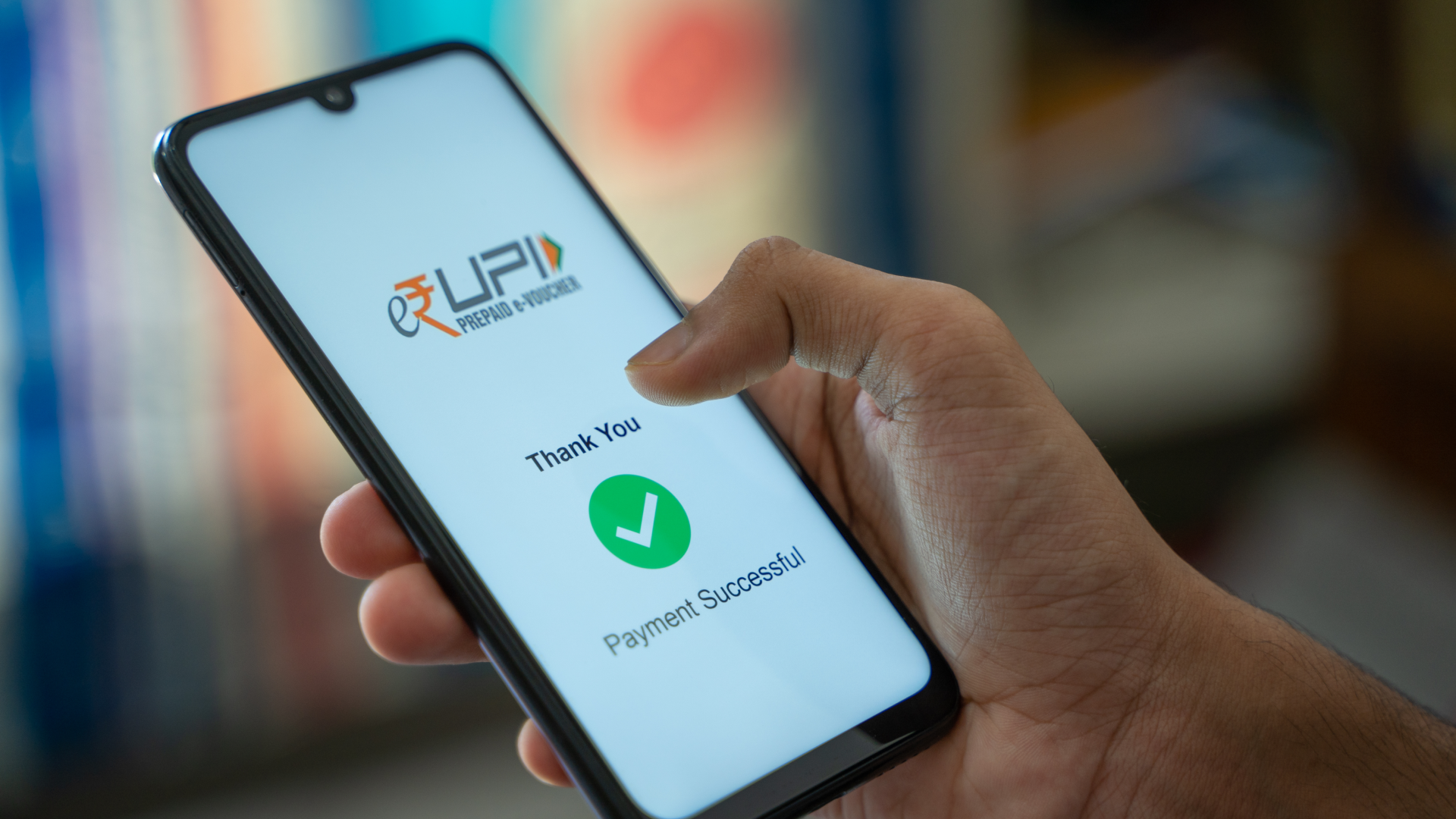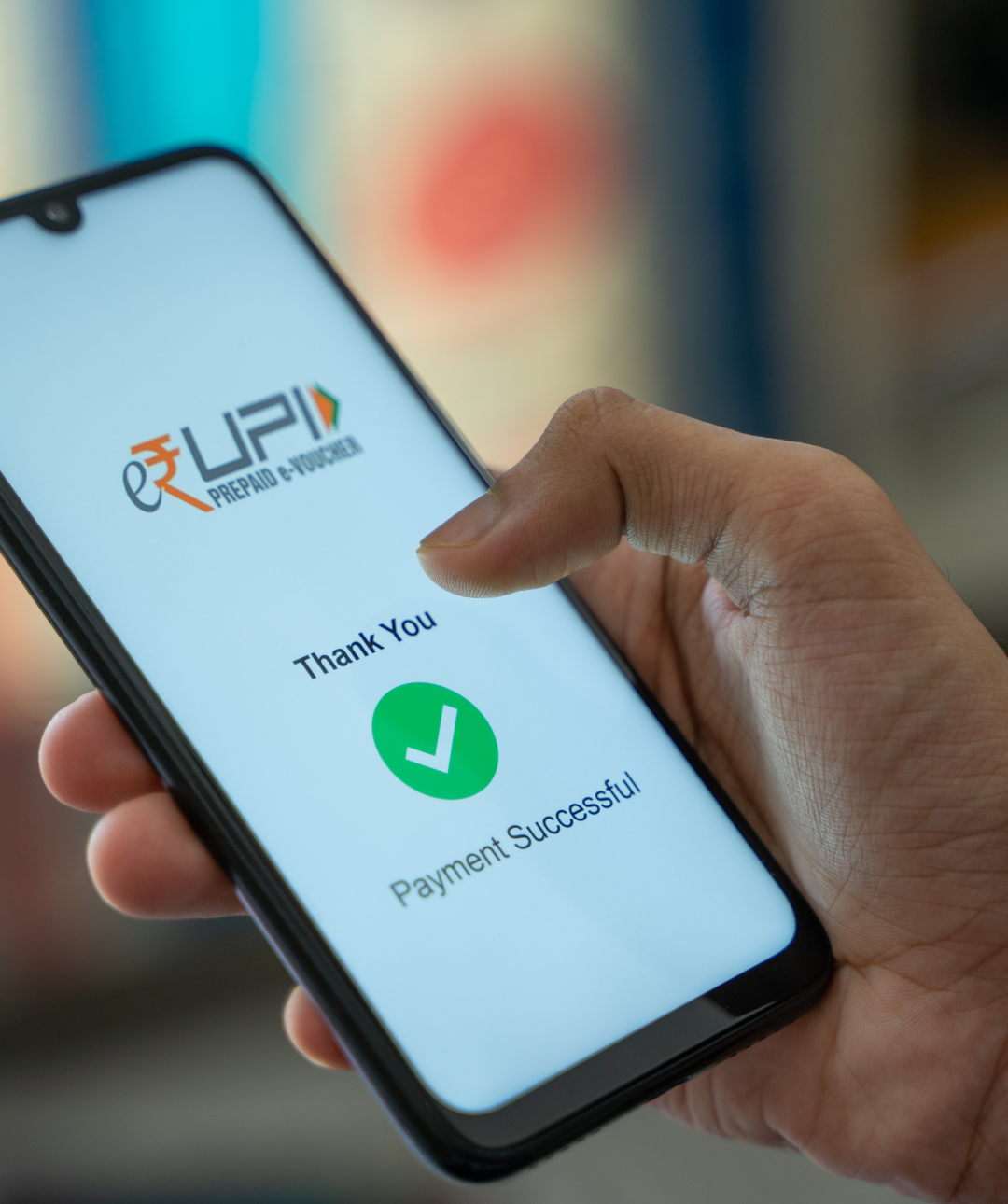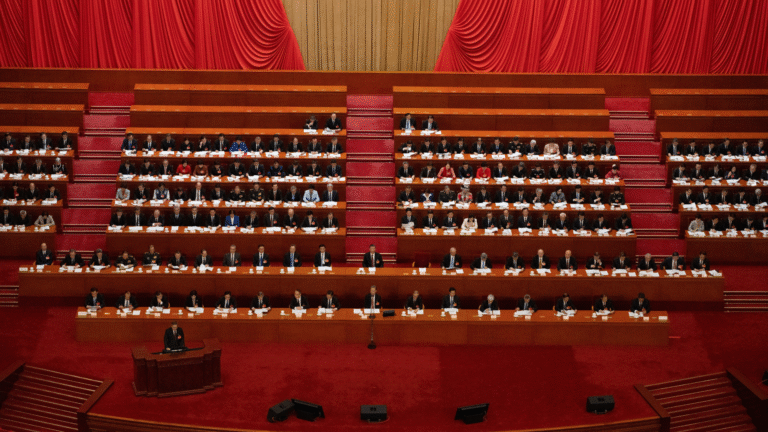The Financial Freedom Report is a newsletter focusing on how currency plays a key role in the civil liberties and human rights struggles of those living under authoritarian regimes. We also spotlight new tools and applications that can help individuals protect their financial freedom.
Good morning, readers!
In India, the central bank has taken a significant step toward launching its central bank digital currency (CBDC), the digital rupee. In partnership with fintech firms Mobikwik and Cred, the digital rupee is now available to 180 million users through a new “e₹ wallet,” a CBDC wallet app designed for public use. Predictably, the CBDC comes with tight restrictions, including limits on payment amounts and frequency and extensive personal data collection, raising concerns over financial privacy.
In open-source news, HRF is pleased to announce a collaboration with MIT for the 2025 MIT Bitcoin Expo. This two-day freedom-focused event will explore how Bitcoin and adjacent freedom tech can help combat financial surveillance and repression under authoritarian regimes through expert speakers, panels, workshops, and more. Elsewhere, Joltz became the first self-custodial wallet to support Taproot Assets, enabling access to stable digital dollars on a decentralized network for activists, dissidents, and others in difficult political environments.
We conclude with an extensive guide from Area Bitcoin, a Brazilian education hub, thoroughly examining Brazil’s DREX CBDC and its implications for financial freedom and human rights in Brazil and beyond.
Now, let’s dive right in!

India | Central Bank Partners with Fintech Firms to Pilot Launch CBDC
The Reserve Bank of India (RBI) partnered with fintech firms MobiKwik and Cred, alongside Yes Bank, to expand the digital rupee, India’s CBDC. With a combined user base of 180 million, Mobikwik and Cred will act as entry points for public access to the CBDC through their new “e₹ wallet” CBDC app. However, the app mandates video verification and imposes significant restrictions. For instance, a daily transaction cap of ₹50,000 ($577) and ₹10,000 ($115) limit per transaction. The RBI’s decision to embed the digital rupee within existing fintech firms to boost adoption leaves few avenues for financial privacy and freedom as the Indian state pushes further towards a cashless economy.
El Salvador | Lawmakers Scale Back Bitcoin Legal Tender Law
El Salvador’s congress amended its Bitcoin law, making private sector acceptance of Bitcoin voluntary. The reform follows a $1.4 billion loan agreement with the International Monetary Fund (IMF) that wanted to limit the government’s, citizens’, and economies’ exposure to Bitcoin. Salvadoran lawmaker Elisa Rosales said the latest reform guarantees Bitcoin’s “permanence as legal tender” while facilitating its “practical implementation.” But, John Dennehy, founder of the civil society organization Mi Primer Bitcoin, explained that the reform removed “all references of bitcoin as money or legal tender, plus the actual conditions, such as the government accepting bitcoin for things such as taxes, are now prohibited.” The future of freedom technology in El Salvador will be worth monitoring closely as the regime continues to erode protections on civil liberties.
Nigeria | Regime Hikes Telecom Tariffs for Citizens
In Nigeria, the regime approved a 50% increase in telecom tariffs, further straining citizens already grappling with financial instability. Call rates will rise from 11 to 16.50 naira per minute ($0.0074 to $0.011) and SMS charges from 4 to 6 naira ($0.0026 to $0.004), exacerbating three-decade-high inflation as the ripple effects spread through the economy. Telecom companies justify the price hike as necessary for the sector’s survival amid the naira’s ongoing devaluation. Deolu Ogunbanjo, president of the National Association of Telecoms Subscribers, however, argues that “this decision shows the government cares more about protecting profits than protecting people.” For Nigerians relying on mobile networks for work, banking, and daily communications, the increased costs will make phone services less accessible, putting even more pressure on civil society under an authoritarian government.
Nicaragua | Inter-American Court of Human Rights Rules Against Ortega
In Nicaragua, where the financial repression of individuals, opposition, and civil society is widespread, the Inter-American Court of Human Rights ruled that Daniel Ortega’s reelections since 2011 were illegitimate. This ruling “is the legal confirmation that there is no legitimate president in Nicaragua, but rather a dictator who has usurped power,” said Jaime Aparicio, a Bolivian lawyer, adding that “this is the first time that there is a legal precedent determining the illegality of Ortega’s presidency.” In a country where the regime systematically freezes bank accounts, seizes assets, and shuts down nonprofits to silence dissent, this verdict sets a critical legal precedent against the abuse of state power to secure reelection. While the court lacks enforcement, its ruling strengthens legal challenges to Ortega’s rule and could provide a foundation for future actions against electoral fraud and authoritarian control.
Webinar Series for Nonprofits: Become Unstoppable
In an era where financial control is weaponized against dissent, the ability to transact freely is more important than ever. For activists and nonprofits operating under oppressive regimes, Bitcoin can offer a way to resist censorship, protect funds, and remain operational.
Join HRF for a free, three-day webinar from March 17–19, led by Anna Chekhovich, HRF’s Bitcoin nonprofit adoption lead and financial freedom expert at the Anti-Corruption Foundation. The sessions will run daily from 10:30 a.m. to 12:00 p.m. EDT and are designed specifically to teach human rights defenders and nonprofit organizations how to integrate Bitcoin into their work to challenge state censorship and confiscation in a beginner-friendly way.
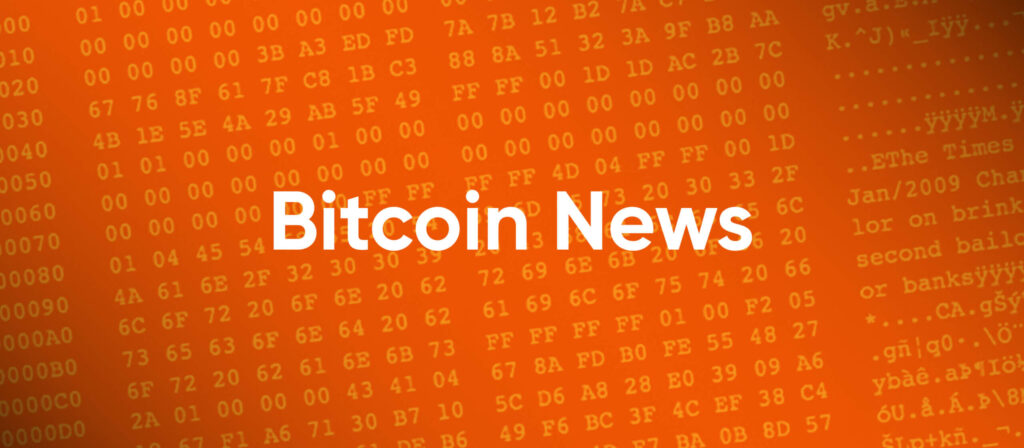
MIT | 2025 Bitcoin Expo
HRF is partnering with MIT to host the 2025 MIT Bitcoin Expo, a two-day event from April 5-6 at the Stata Center, exploring Bitcoin and freedom technologies as tools for privacy, financial sovereignty, and civil liberties — especially for people living under authoritarian regimes. Now in its 12th year, the expo features keynotes, panels, technical workshops, and hackathons. It brings together developers, activists, students, and researchers to dive into privacy, self-sovereignty, and decentralization. Attendees will also gain hands-on experience and engage in meaningful discussions on the real-world impact of freedom technologies. Learn more about the expo and get your tickets here.
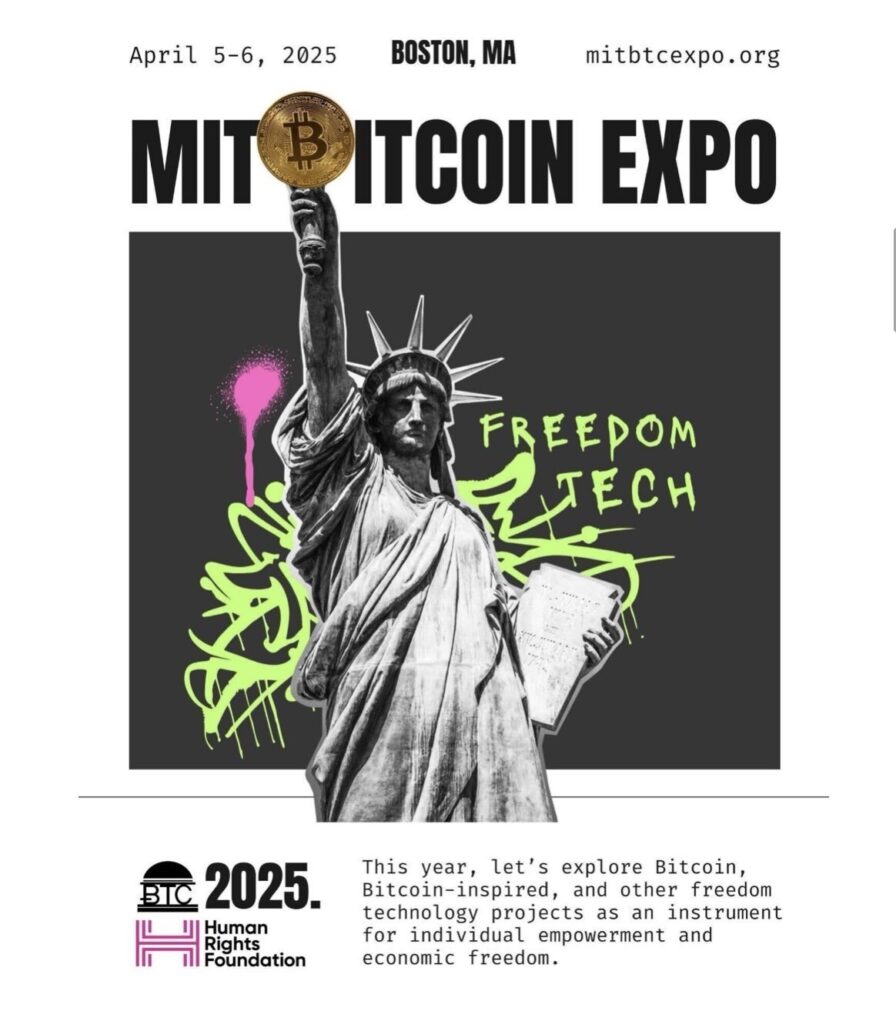
Bitcoin Mining | Two Blocks Mined by Solo Miners This Week
This week, two solo miners successfully mined Bitcoin blocks, marking a rare and significant event. The first block was solved through a collaborative effort led by the 256 Foundation (where 300+ participants pooled their hashrate for a fundraising event). The second block was mined independently through solo.ckpool by a miner using hashrate equivalent to thousands of BitAxe devices, a type of open-source home mining hardware. The news shows that independent miners can still compete outside of large mining pools. These events reaffirm Bitcoin’s decentralization and censorship resistance, proving that solo mining remains viable with the proper coordination and infrastructure, which is especially key as solo mining can be done privately and quietly under tyrannical regimes.
Joltz Wallet | First Self-Custodial Wallet to Support Taproot Assets
Joltz has launched the first self-custodial wallet for Taproot Assets, enabling users to hold and transact stablecoins like USDT (Tether) directly on Bitcoin — without intermediaries. Unlike custodial solutions, Joltz ensures users retain full control over their funds while enabling BTC-to-USDT swaps through a user-friendly interface. This could expand access to stable money — particularly for activists and nonprofits in volatile markets in search of digital dollars. However, stablecoins still carry centralization and censorship risks, as issuers like Tether can freeze funds or be beholden to regulatory demands.
Olas | New Updates Enhance Accessibility and Features
Olas, an Instagram-like Nostr client built by Pablof7z, released a new update for iOS and Android. The update introduces multiple images per post, Instagram-style filters, and improved video playback. It also enhances its Nostr-native wallet functionality so users can more fluidly receive Bitcoin tips and payments. The client also made Nostr Wallet Connect (NWC), a protocol that allows apps to interact with Bitcoin Lightning wallets, more reliable for end users. Nostr clients like Olas may prove to be a useful tool for censorship-resistant communications on social networks among activists worldwide and stand as a stark contrast to centralized, permissioned alternatives.
OpenSats | Announces Ninth Wave of Bitcoin Grants
OpenSats, a public nonprofit supporting open-source Bitcoin projects, announced its ninth wave of Bitcoin grants advancing financial freedom and privacy. Among the recipients, Nutstash, a multi-platform Cashu ecash wallet, enables private, censorship-resistant Bitcoin transactions — critical for human rights defenders. Another grantee, El Tor, is developing a fork of the Tor Network integrated with Bitcoin’s Lightning Network, aiming to enhance online privacy for activists and dissidents. HRF welcomes OpenSats’ continued support for decentralized tools in an increasingly surveilled world.
bitcoin++ | Upcoming Bitcoin Developer Conference
Bitcoin developers and freedom tech enthusiasts will gather in Florianopolis, Brazil, from Feb. 19-22, 2025, for the special “hacking edition” bitcoin++ conference. Unlike past bitcoin++ events, which focused on single topics like scripting or ecash, this event will feature hands-on development to enhance Bitcoin’s privacy, scalability, and censorship resistance. Attendees will participate in workshops, live coding challenges, and technical discussions. HRF will help the event include attendees from authoritarian regimes in Latin America. Learn more about the conference or buy tickets here.
RECOMMENDED CONTENT
The Risks of the DREX Central Bank Digital Currency by Area Bitcoin
In this article, Area Bitcoin, a Brazilian Bitcoin education hub, examines DREX, Brazil’s central bank digital currency (CBDC), and its threat to Brazilians’ financial autonomy. DREX operates as a token on a centralized, permissioned blockchain that grants officials sweeping surveillance and control over individual financial activity. Further, its strict Know-Your-Customer (KYC) and Anti-Money Laundering (AML) measures erode financial privacy. Area Bitcoin warns, “By embracing it, we risk surrendering our personal data, the fruits of our labor, and even generational wealth to political and bureaucratic oversight.”
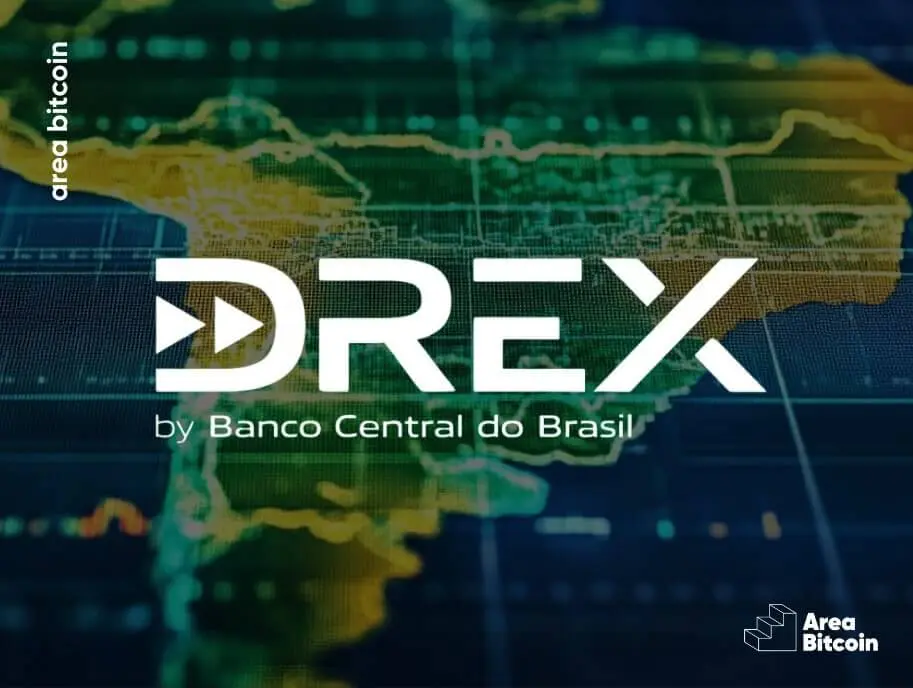
– If this email was forwarded to you and you enjoyed reading it, please consider subscribing to the Financial Freedom Report here.
– Support the newsletter by donating bitcoin to HRF’s Financial Freedom program via BTCPay.
– Want to contribute to the newsletter? Submit tips, stories, news, and ideas by emailing [email protected].
– The Bitcoin Development Fund (BDF) is accepting grant proposals on an ongoing basis. The Bitcoin Development Fund is looking to support Bitcoin developers, community builders, and educators. Submit proposals here.


